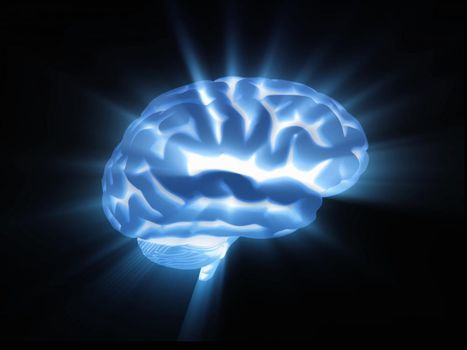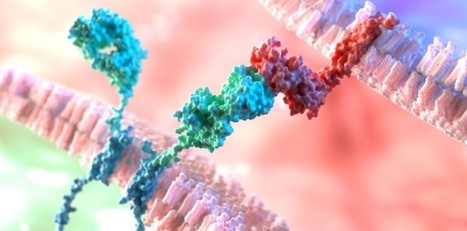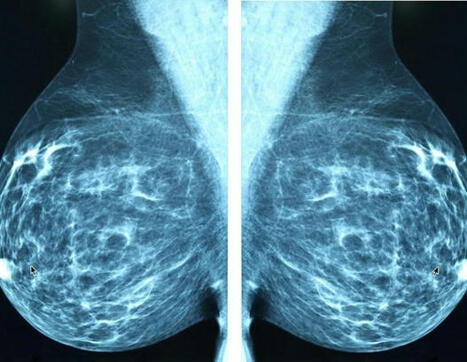A landmark study published in Cell has shown that prime editing, a cutting-edge form of gene editing, can correct mutations causing Alternating Hemiplegia of Childhood (AHC) with a single in-brain injection. The research team fixed the most prevalent ATP1A3 gene mutations in mouse models, reducing symptoms and more than doubling survival, a first-of-its-kind success in treating a neurological disease directly in the brain. CRISPR-based gene editing was delivered through an harmless adeno-associated virus called AAV9. In parallel, patient-derived cells (iPSCs) responded similarly, reinforcing the method’s promise for human translation. Importantly, this success opens the door to targeting other genetic brain disorders previously deemed untreatable. Although results are preliminary, this study provides robust proof‑of‑concept for personalized gene editing in the brain and opens doors toward potential treatments for other intractable genetic neurological disorders.






 Your new post is loading...
Your new post is loading...




























A recent study published in Cell by Stanford Medicine researchers reveals that CAR-T cell therapy, while transformative for cancer treatment, may lead to mild cognitive impairments, commonly referred to as "brain fog." This condition encompasses symptoms like forgetfulness and difficulty concentrating and appears to occur independently of other treatments such as chemotherapy. The study, conducted primarily in mice, identified mechanisms similar to those observed in cognitive impairments following chemotherapy and infections like COVID-19. Once activated by the immune response, brain’s immune cells, called microglia, release inflammatory molecules that damage oligodendrocytes (responsible for myelin production), thereby impairing neural signal transmission. Importantly, the researchers discovered potential strategies to reverse these effects using compounds akin to existing medications, suggesting that treatments could be developed relatively quickly. These findings underscore the importance of monitoring cognitive health in patients undergoing CAR-T therapy and developing interventions to mitigate such side effects and enhance quality of life.